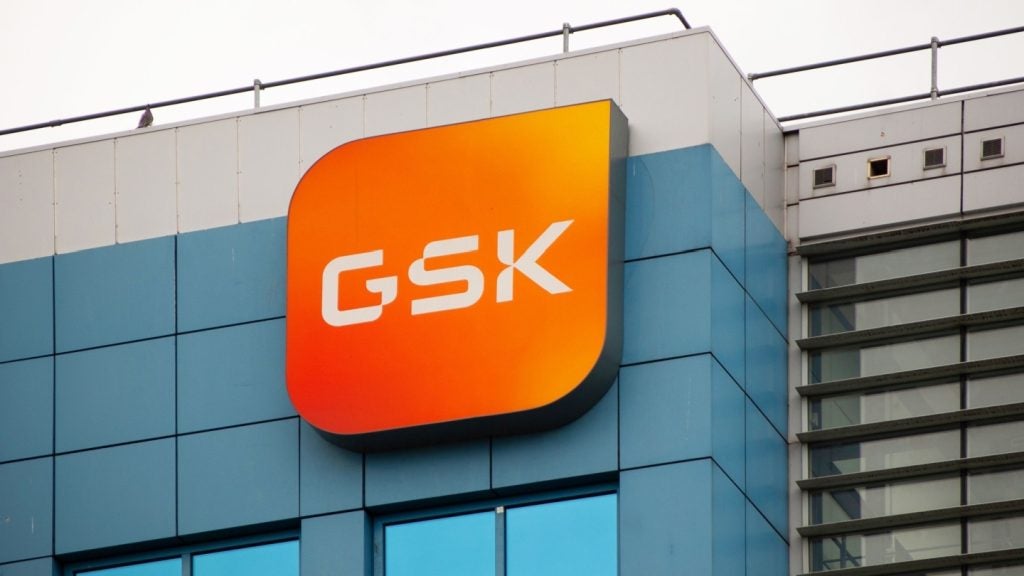On the heels of an unfavourable advisory committee (AdCom) meeting, the US Food and Drug Administration (FDA) has decided not to approve Intercept Pharmaceutical’s Ocaliva (obeticholic acid) for primary biliary cholangitis (PBC).
The agency issuing a complete response letter means the US pharma company’s bid to turn Ocaliva’s accelerated approval into full approval has come up short. The drug will continue to be available for patients with the liver disease in the US under the accelerated approval granted in 2016, as per a 12 November press release.
The FDA said it was “unable to approve the supplemental new drug application (sNDA) in its current form”, which tallies with the opinion formed at the Gastrointestinal Drugs AdCom (GIDAC) meeting held in September 2024. During the discussion, 13 panel members did not believe Intercept’s data adequately proved Ocaliva’s clinical benefit, whilst just one panellist voted in favour of the drug. In a second separate vote, 10 experts said the drug’s benefits did not outweigh its risks. One panellist voted that the therapy’s benefits did outweigh its risks while three panellists abstained. In its letter to Intercept, the FDA also said it was continuing to consider data from a post-marketing study called 747-302 (NCT02308111), in addition to other safety information. Ocaliva comes with a boxed warning of heightened risk of liver decompensation or failure if patients are dosed incorrectly.
Intercept’s US president Vivek Devaraj said: “We believe in the totality of evidence supporting Ocaliva and intend to work closely with the FDA on next steps.”
Ocaliva has suffered a rocky regulatory road in both the US and Europe. The FDA rejected Ocaliva’s use in nonalcoholic steatohepatitis (NASH) in June last year, a blow which forced Intercept to cut its workforce by a third. The company was then kept waiting on an FDA decision in PBC this year after the agency asked for more time to consider full approval, delaying the Prescription Drug User Fee Act (PDUFA) date that was originally set for 15 October.
In the same month as the negative AdCom meeting, the European Commission (EC) withdrew Ocaliva’s conditional marketing authorisation as a second-line treatment for patients with PBC. The EC made its decision following the European Medicines Agency’s (EMA) Committee for Medicinal Products for Human Use, which reassessed the benefit-risk profile of the drug. In a surprise decision just days later, the President of the General Court of the European Union overruled the decision, allowing Ocaliva to remain on the market.
PBC, which disproportionally affects women, is a type of liver disease characterised by inflamed bile ducts which are progressively destroyed due to the build-up of bile. Ocaliva targets the farnesoid X receptor (FXR) to reduce bile acid production and promote its removal.
Ocaliva’s scrutiny comes at a time of a new arrival in the PBC space. The FDA granted accelerated approval to Gilead’s Livdelzi (seladelpar) in August this year, a drug Gilead acquired from CymaBay Therapeutics in a $4.3bn deal. Livdelzi is forecast to generate $558m in 2030, according to GlobalData’s Pharma Intelligence Centre.
GlobalData is the parent company of Pharmaceutical Technology.
Intercept has been operating as a subsidiary of Italy-based Alfasigma following a $794m acquisition in September 2023. Before coming under the Alfasigma umbrella, Ocaliva earned $285.7m in 2022.
















